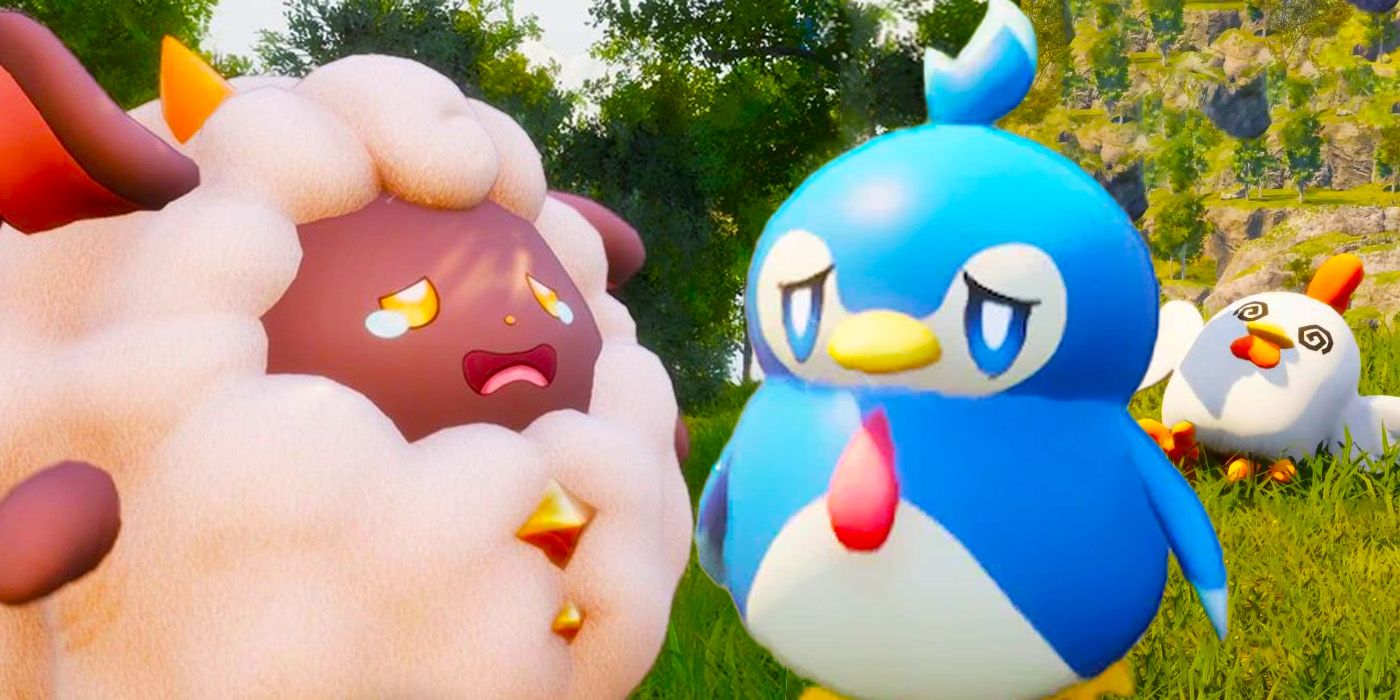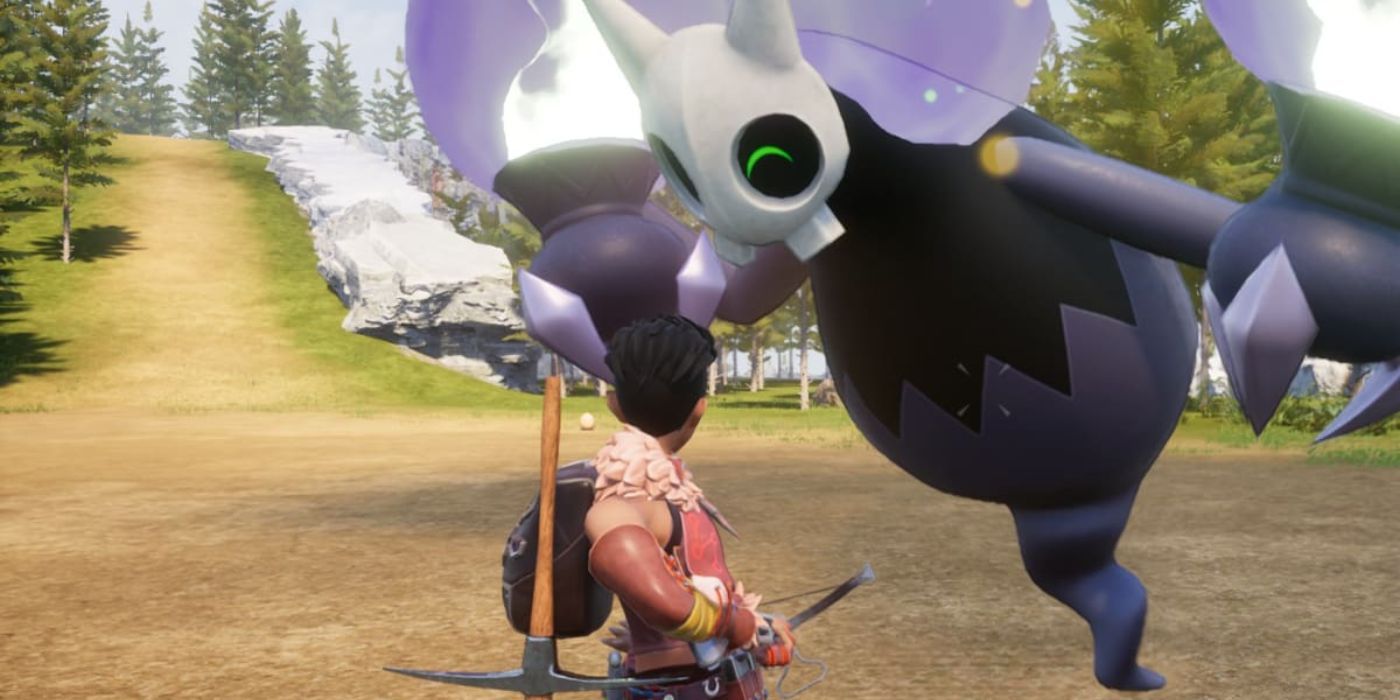Palworld is officially being sued by Nintendo, which is a lawsuit that many players expected to see shortly after the game’s release. While it’s not surprising that Nintendo finally filed a lawsuit against Palworld, the contents of the lawsuit don’t follow the angle that players thought they’d take when it came to litigation. At the same time, this lawsuit sheds light on a practice in the gaming industry that might be more harmful than it is useful.
Palworld launched to massive popularity, and it’s generally described as being Pokémon with guns, which helped fuel the belief that it was a matter of time before Nintendo would take legal action against Pocketpair, the game’s developer. Despite comparisons to Pokémon, the playstyle of Palworld is closer to Ark games with the character design style of Dragon Quest. However, according to the new lawsuit, Pocketpair infringed on a patent of Nintendo’s due to the design of its game mechanics.
Nintendo Claims That Palworld Infringes On A Patent
The Palworld Lawsuit Isn’t About Copyrights
The exact nature of the patent in this Palworld lawsuit hasn’t been revealed, although that hasn’t stopped some players with more knowledge on the topic and the way this aspect of the legal system works have speculated about which mechanics they believe are under fire.
PC Gamer interviewed a video game patent lawyer who broke down how patent cases work, and the risk that comes with Nintendo’s lawsuit, which could result in them losing the patent altogether. However, the lawsuit shows an issue for the gaming industry that goes beyond Nintendo’s case against Pocketpair.
Patenting Game Mechanics Isn’t A New Concept
There Are Some Famous Video Game Patents
Nintendo is far from the only company to patent game content. A Vice article goes over some of the most famous gaming patents, and some of the effects they had on the industry. For example, Crazy Taxi patented the green arrow at the top of the screen that guides the player, which The Simpsons: Road Rage got around by replacing the green arrow with a finger.
Namco had a patent on loading screen minigames, which expired in 2015, but the broad wording of the patent made developers avoid trying anything to entertain players on loading screens. Overall, it seems like these patents are more harmful than anything since it discourages other companies from using helpful features.
These are just a few examples of mechanics that have been patented in the gaming industry, and not all the patents mentioned are still in effect, such as Namco’s, which expired nearly a decade ago. The real issue is the ability to patent game mechanics, which affects both developers and consumers with the threat of legal repercussions.
This practice also raises the question of how much benefit a company receives from these patents, especially with the money that goes into getting one in the first place.
And that’s not something that every studio has the money to handle. This practice also raises the question of how much benefit a company receives from these patents, especially with the money that goes into getting one in the first place.
Patents Hurt Creativity & Affect More Than Palworld
It’s A Discouraging Video Games Practice
When a game mechanic is successfully patented, other developers end up having to be careful to avoid infringing on that patent, and that can come at the cost of creativity. It doesn’t help that larger companies tend to have the money to take legal action, and that includes legal action to get patents. So, even if a developer wanted to take a mechanic from a game and improve on it, a patent could dissuade them from trying. In a way, that also hurts the consumers, because they won’t get to experience content that could be amazing due to legal circumstances.
There’s also the matter of mechanics generally not being the core selling point for a game. While mechanics can help make a game better or worse depending on their implementation, it’s the world around the mechanics that counts when it comes to selling the game, specifically the story, graphics, maps, and so on. In the end, these patents on mechanics seem to be more harmful in the big picture, but it’s a practice that seems to be common to an extent within the industry with no changes in sight.
Pocketpair claims that it’ll fight against the lawsuit from Nintendo, but it’s unlikely that either outcome of the lawsuit will result in large changes regarding the larger problem of patents in the gaming industry. However, it does put the bigger issue of patents in gaming in the spotlight, if only for a bit, and spreads awareness of this practice. Hopefully, more attention is brought to patenting game mechanics when the outcome of Nintendo’s lawsuit – whatever it may be – against Palworld is revealed.

